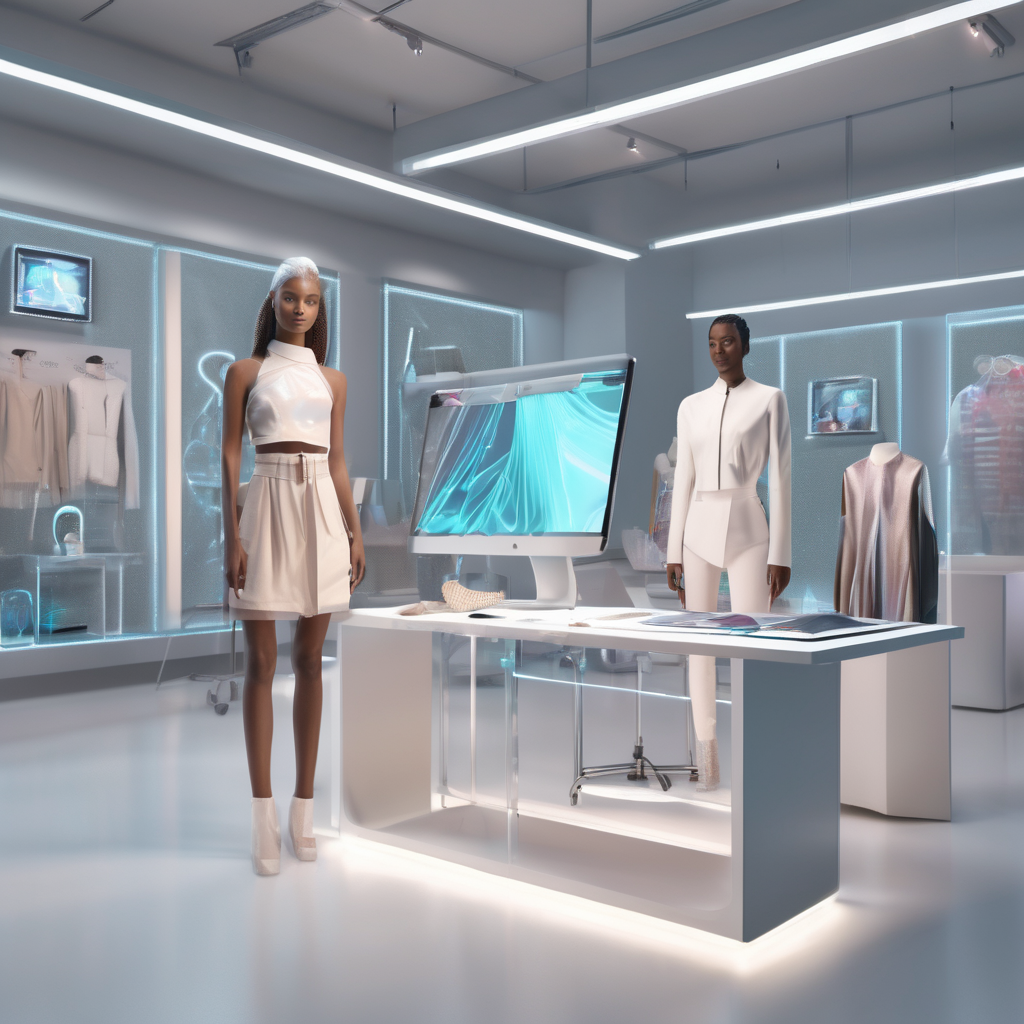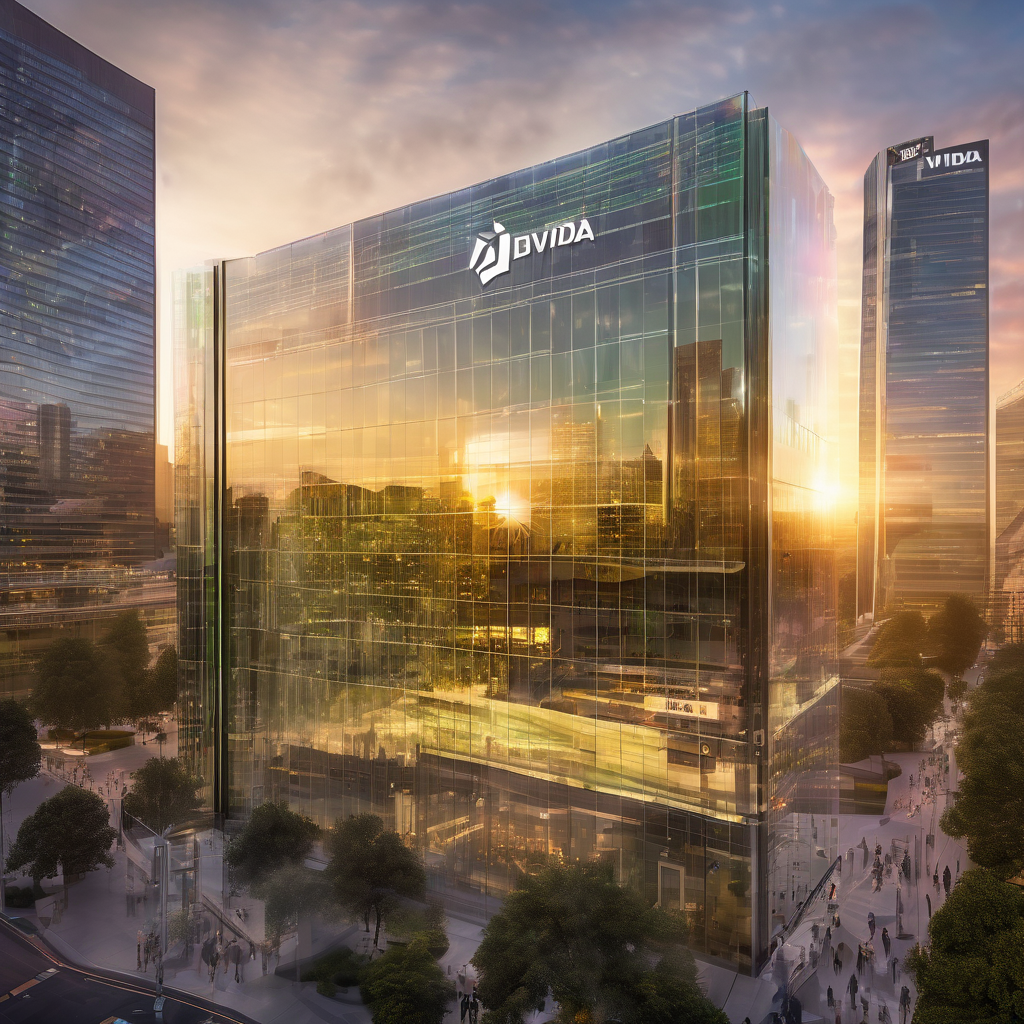
AI-generated models have transitioned from future speculation to a central role in prominent fashion campaigns, challenging marketers to balance cost-saving automation with authentic human storytelling. The release of US Vogue’s August 2025 issue featuring a fictional Guess model with exaggerated features sparked immediate backlash over unrealistic beauty standards. H&M’s subsequent plan to digitally clone real models intensified concerns. In response, the British Fashion Model Agents Association (BFMA) launched the “My face is my own” petition seeking legal protections against unauthorized AI use. This article explores the impact of AI on fashion marketing, insights from industry leaders, and ethical strategies for marketers navigating this evolving landscape. **AI models spark backlash in fashion campaigns** While fashion has long embraced fantasy, AI-generated models in global ads are increasingly seen as disconnected from real human experiences. Guess’s campaign was criticized not only for its surreal imagery but for underscoring a shift where brands might bypass traditional casting, editing, and consent processes. H&M’s move to digitally replicate real models further blurred ethical lines. Talent advocates demand regulation to prevent exploitation without consent or compensation, making the AI debate an active operational and legal issue in the industry. **Real diversity is harder to deliver than it looks** Although fashion marketers have been pushed to prioritize representation—body types, ethnicities, ages, and abilities—the use of AI complicates true inclusivity. Lynn Ong, Head of Marketing and PR at YOLO Event Agency, notes that diversity extends beyond visuals to affect production, sizing, inventory, and pricing. While digital avatars can showcase surface-level diversity at scale, genuine inclusivity requires understanding and meeting the needs of real people. Christopher Daguimol, consultant for Philippines Fashion Week, emphasizes that authentic inclusivity is now an audience expectation, not merely a goal. **The creative potential and emotional limits of AI** AI offers speed, cost-efficiency, and accessibility, allowing small brands to innovate like never before.
However, as Ong explains, AI-generated visuals often feel sterile, lacking the warmth and unpredictability inherent in human models. Iman Zulkifli, Head of Marketing at Bata, highlights that emotional connection in fashion comes from the stories behind bodies, not just their appearance. Crispin Francis, Thailand Country Manager at Tocco Toscano, acknowledges AI’s advancements and potential for full replacement but believes branding power and global recognition remain uniquely human traits. **What marketers should know: strategy, ethics, and transparency** With AI’s growing accessibility, fashion marketers face complex creative, ethical, and reputational decisions. Key principles for responsible AI integration include: 1. **Use AI strategically, not emotionally** Employ AI as a tool for idea generation and previsualization but reserve final outputs for moments needing human depth, preserving genuine connection. 2. **Be aware of biased training data** Avoid reinforcing harmful beauty standards by working with AI tools built on diverse datasets and rigorously auditing outputs for bias. 3. **Build transparency into your messaging** Clearly label AI-generated content to build brand credibility and trust. As noted by Daguimol and Zulkifli, honesty fosters respect and audience loyalty. While AI commands attention in fashion, human stories remain essential. Brands that successfully merge technological innovation with integrity will earn lasting trust. Technology can enhance messaging, but meaningful connection arises from authentic storytelling.
The Impact of AI-Generated Models on Fashion Marketing: Ethics, Diversity, and Strategy


When Honest Businesses Meet the Dark Side of Search Sarah, an artisanal baker, launches Sarah’s Sourdough and improves her SEO by creating a quality website, sharing genuine baking content, writing blog posts, earning local backlinks, and telling her story ethically

NVIDIA's Market Value Climbs Amid AI Surge and Rising Demand for High-Speed Copper Cable Connectivity NVIDIA, a worldwide leader in graphics processing units (GPUs) and artificial intelligence (AI) technology, has seen its market value soar to unprecedented levels

The October 8, 2025 edition of the Axios AI+ newsletter presents an in-depth overview of the increasingly complex network connecting key players in the artificial intelligence industry.

Hurricane Melissa Has Meteorologists Alarmed The storm, expected to make landfall in Jamaica on Tuesday, has shocked meteorologists with both its strength and the rapidity of its development

In the fast-changing landscape of digital marketing, advertisers are increasingly leveraging artificial intelligence (AI) to boost campaign effectiveness, with AI-powered video personalization emerging as one of the most promising innovations.

Cigna anticipates that its pharmacy benefit manager, Express Scripts, will generate lower profit margins for the next two years as it moves away from relying on drug rebates.

A video is circulating on social media that appears to show European Commission President Ursula von der Leyen, France's former President Nicolas Sarkozy, and other Western leaders admitting to damaging accusations linked to their periods in power.
Launch your AI-powered team to automate Marketing, Sales & Growth

and get clients on autopilot — from social media and search engines. No ads needed
Begin getting your first leads today